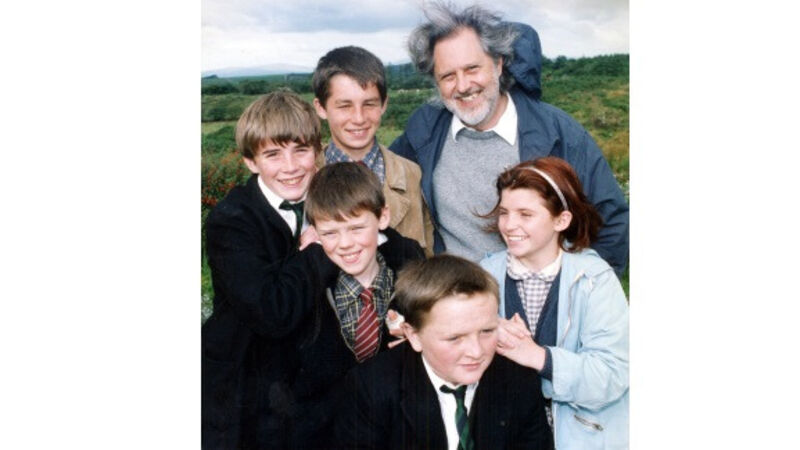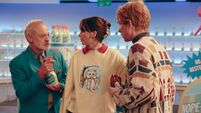David Puttnam casts his mind back to 'War of the Buttons' after 25 years

David Puttnam is at Fastnet Film Festival today to mark 25 years since ‘War of the Buttons’ was made. He tells about his fond memories of the West Cork movie
It was the bridge at Union Hall that clinched it. When David Puttnam first set eyes on the iconic structure against the picturesque West Cork countryside, he knew instinctively he’d found a key location for War of the Buttons and that it would be shot in Ireland.











